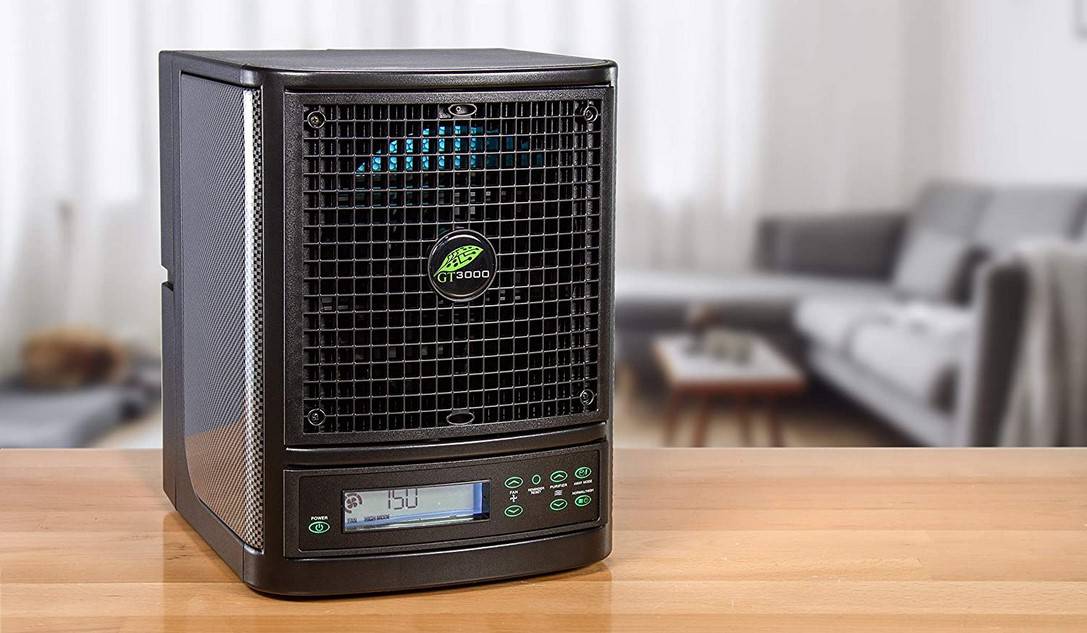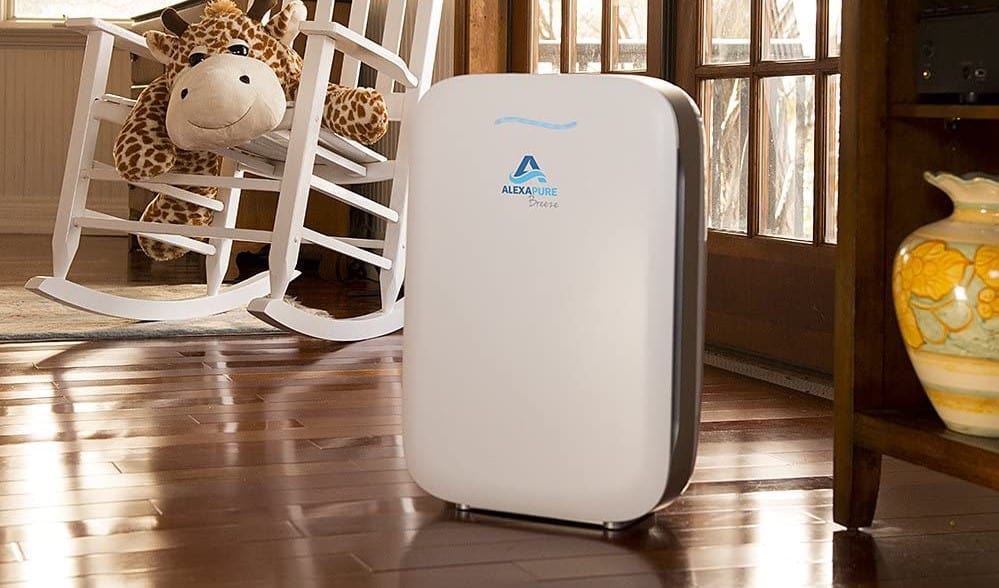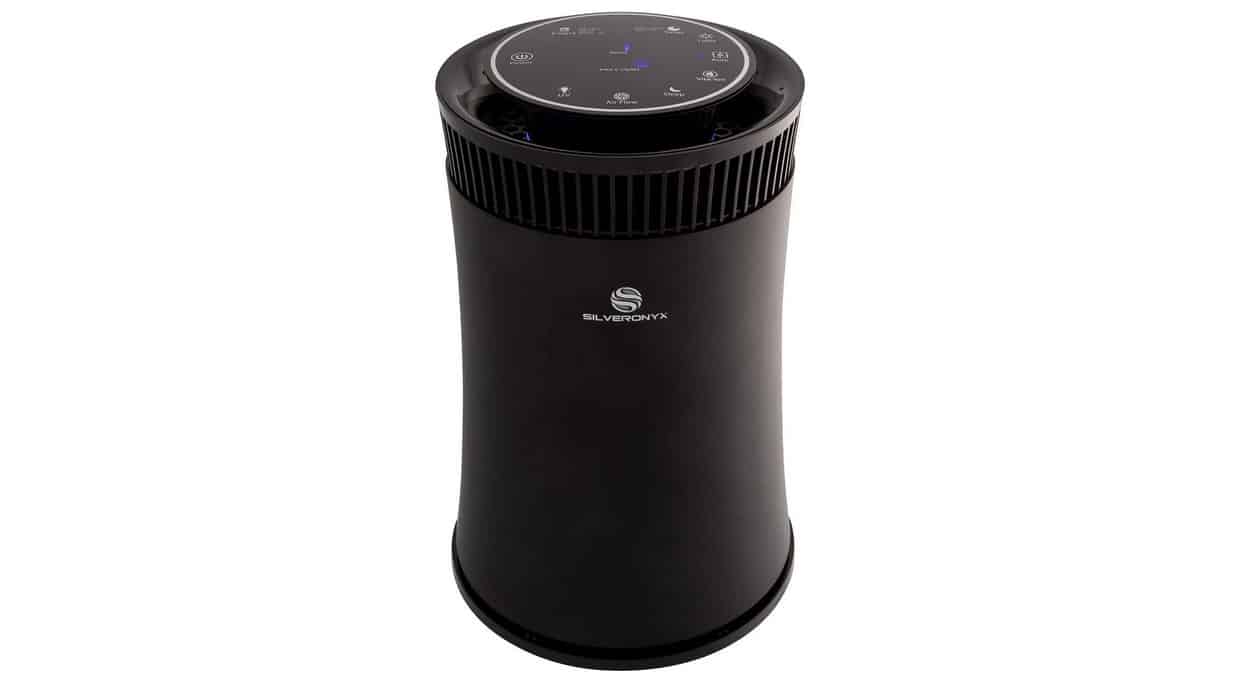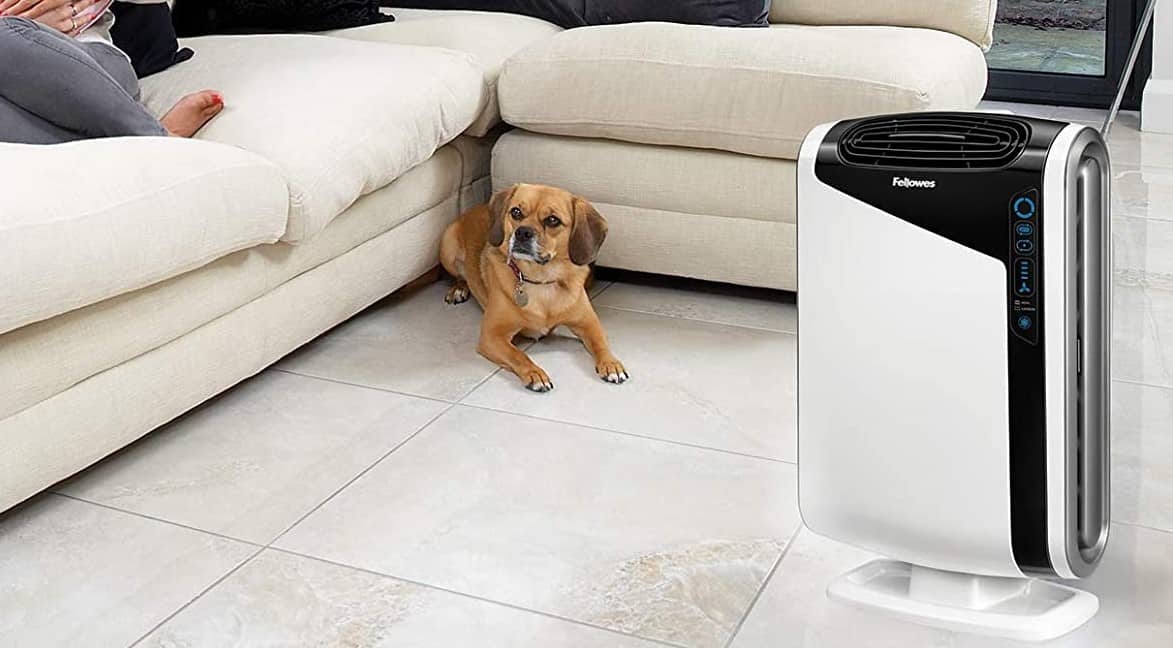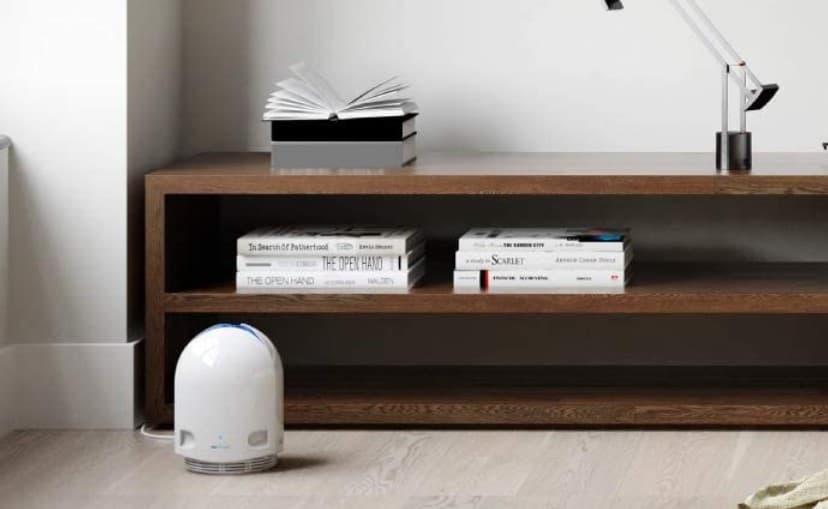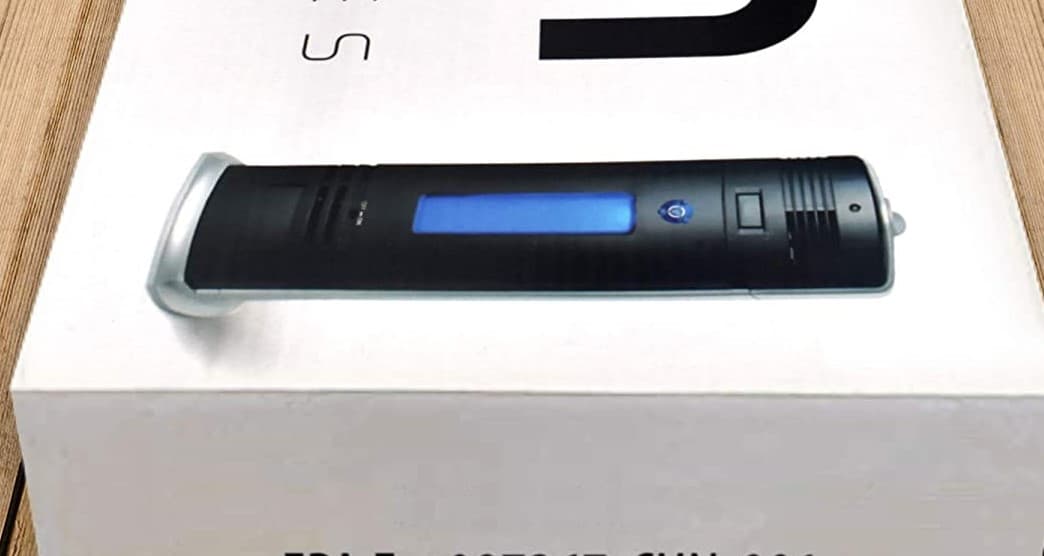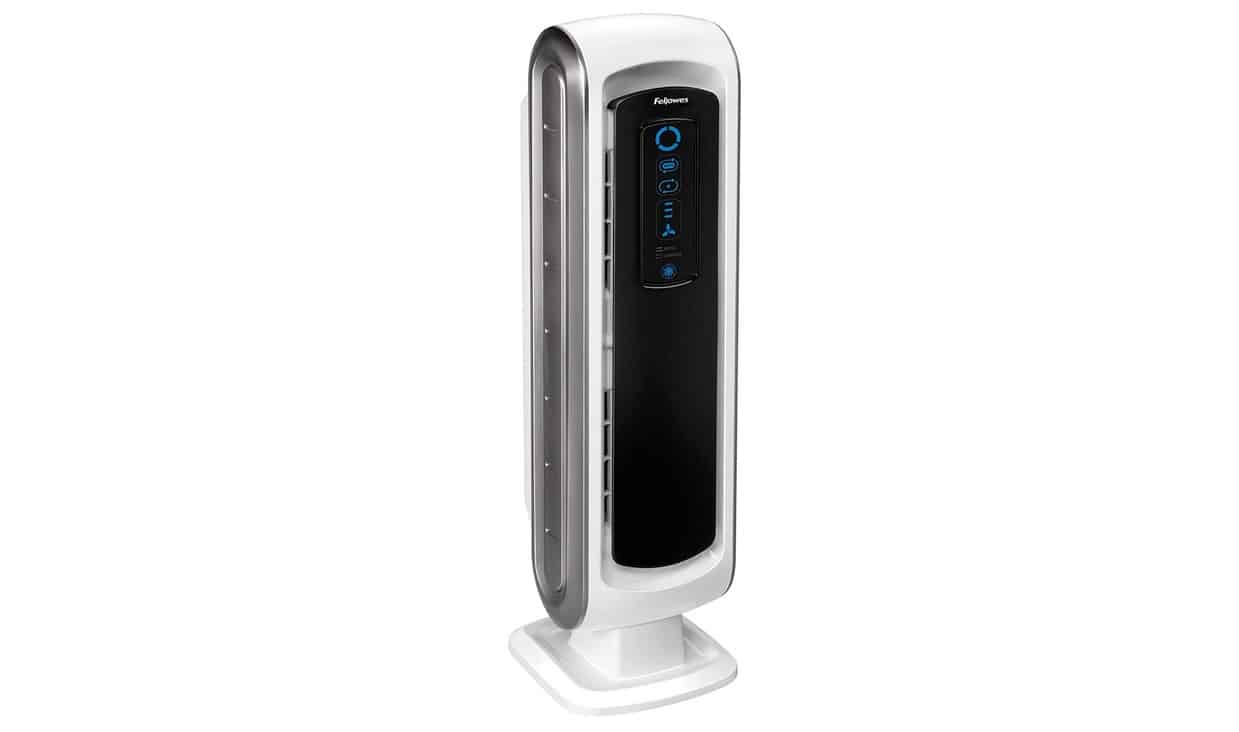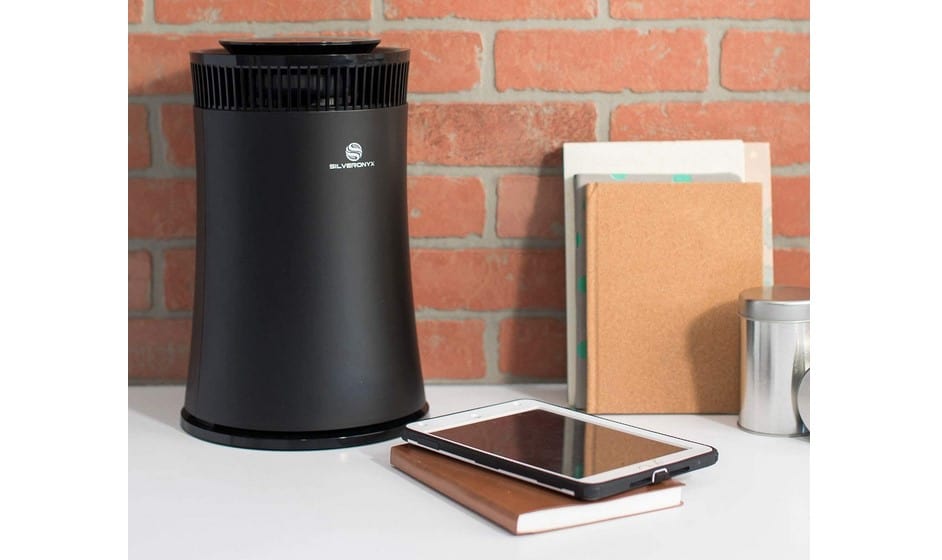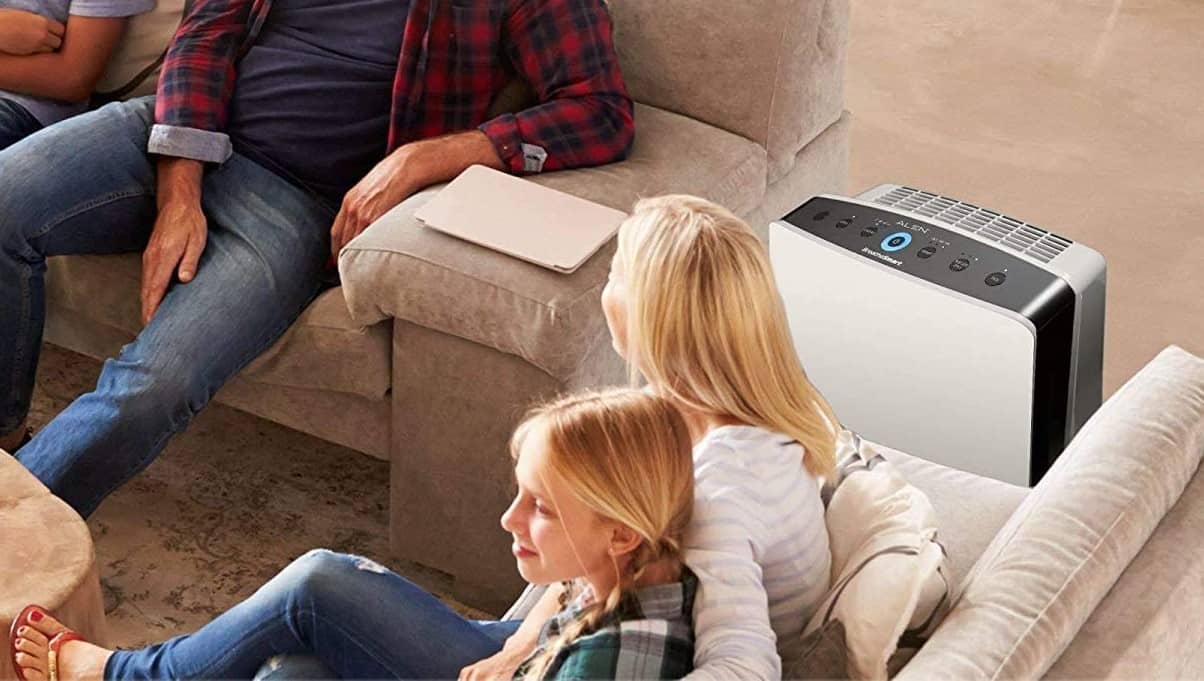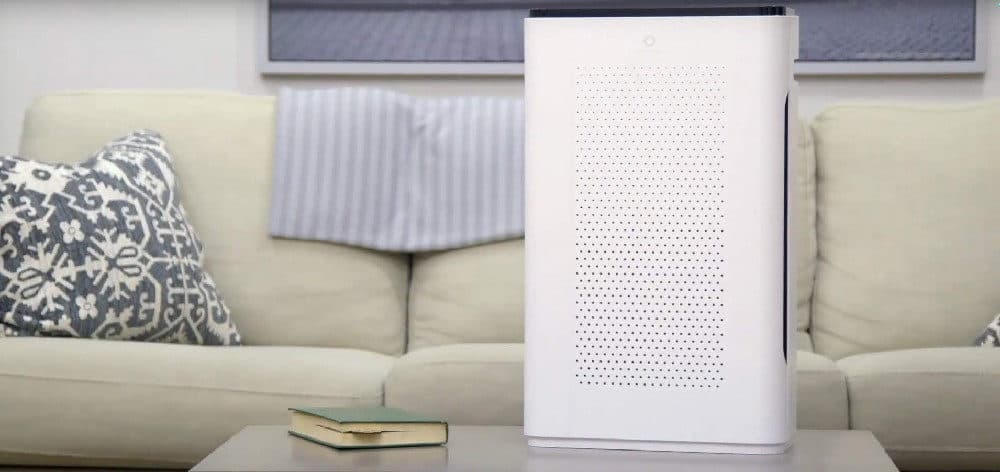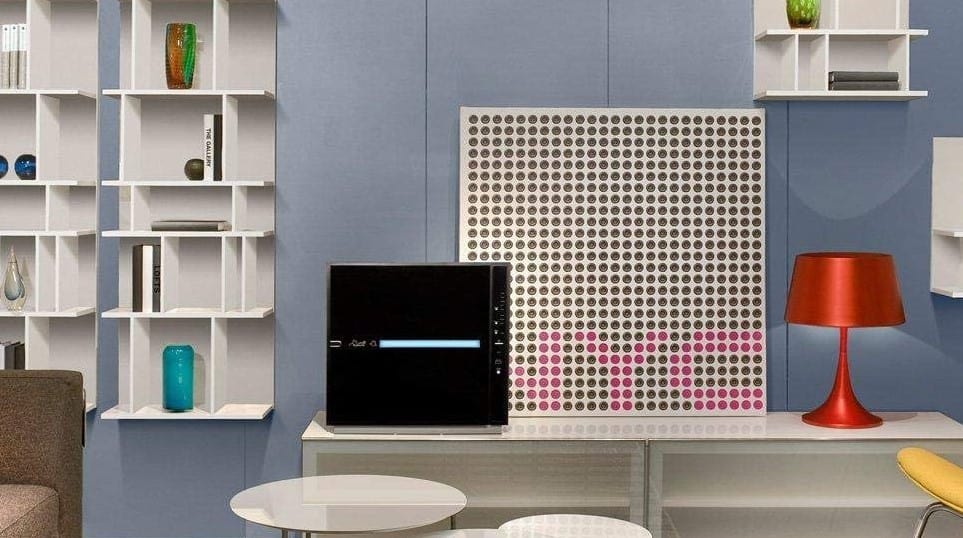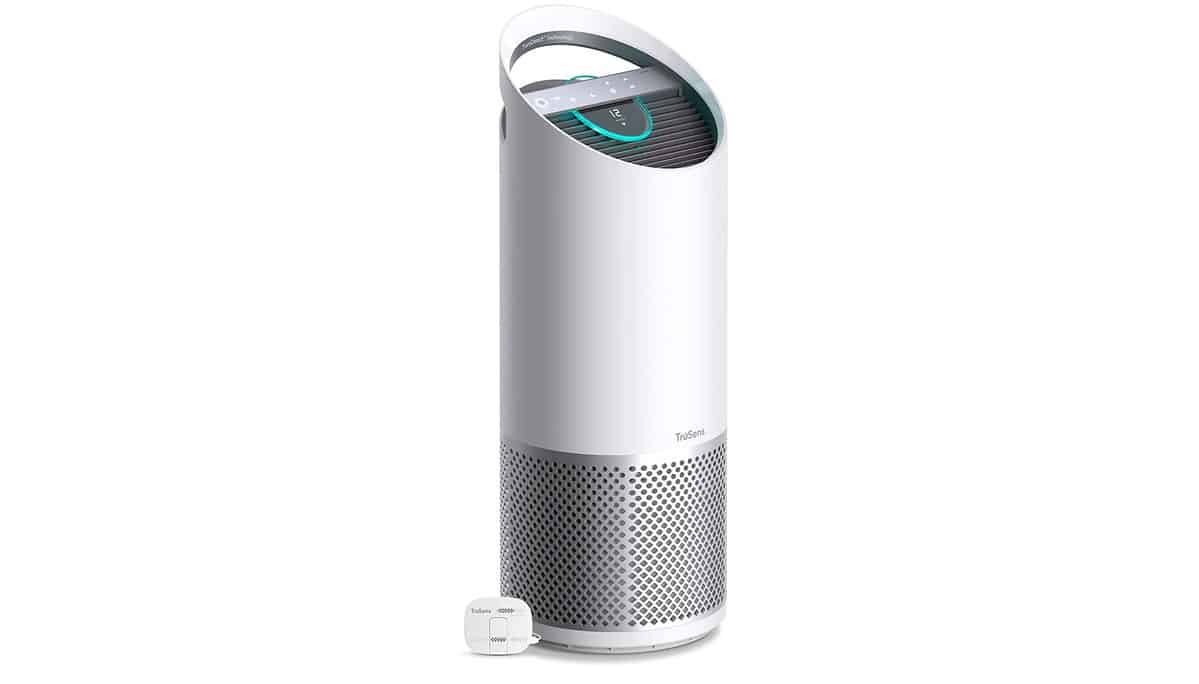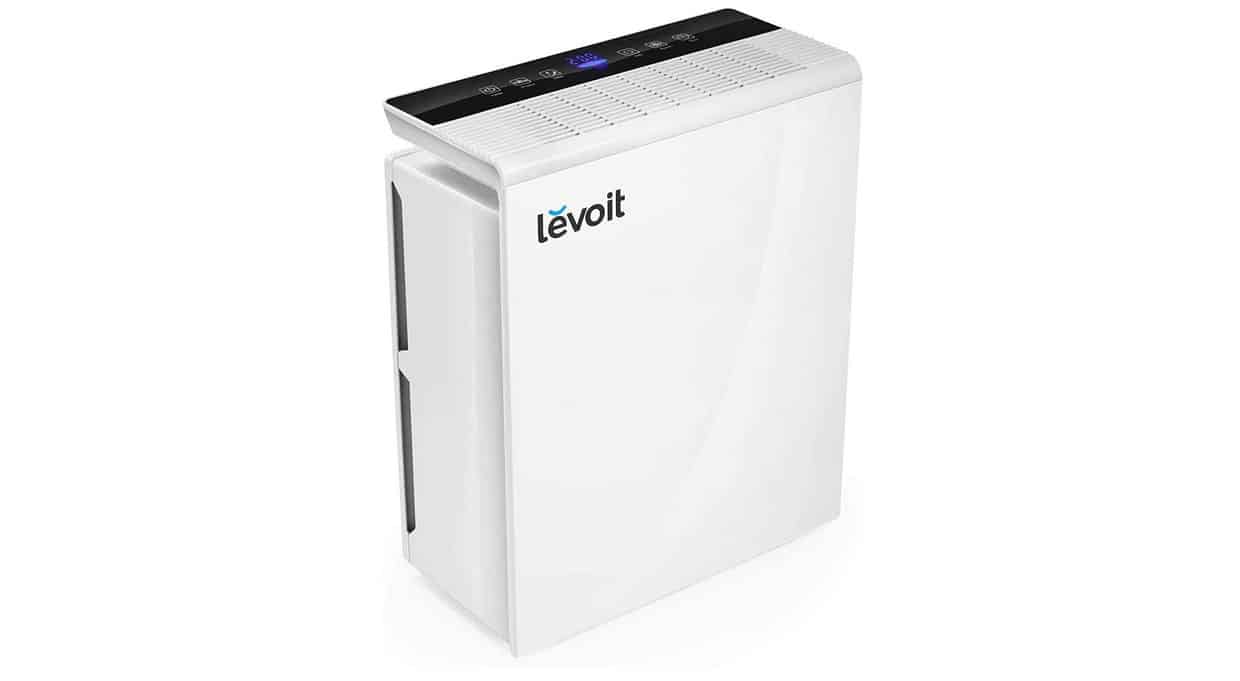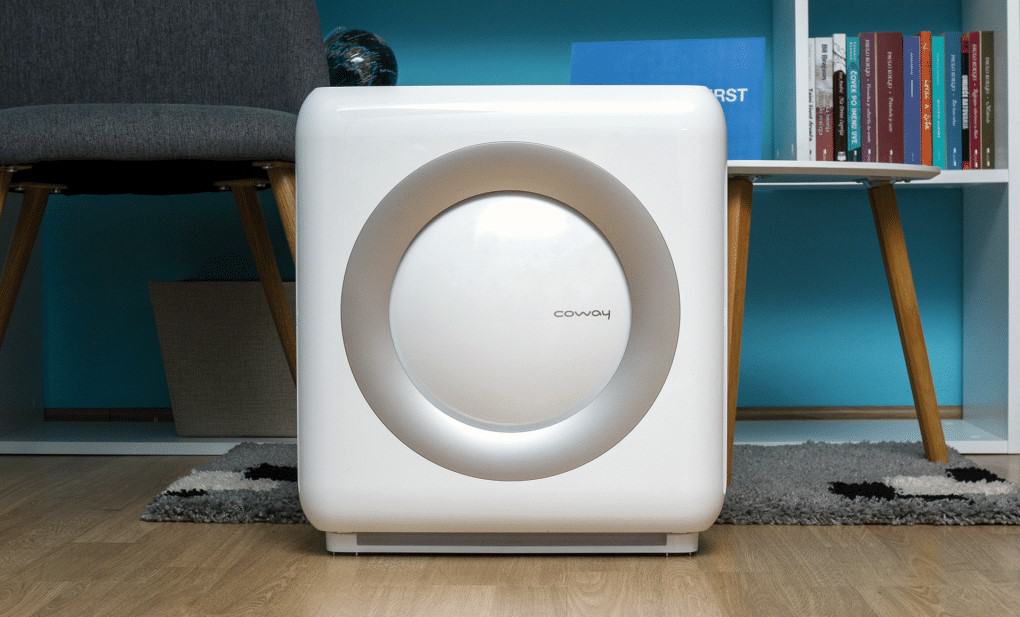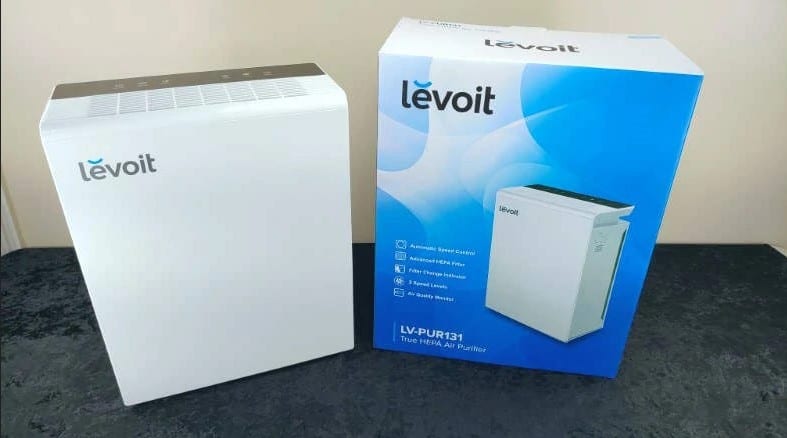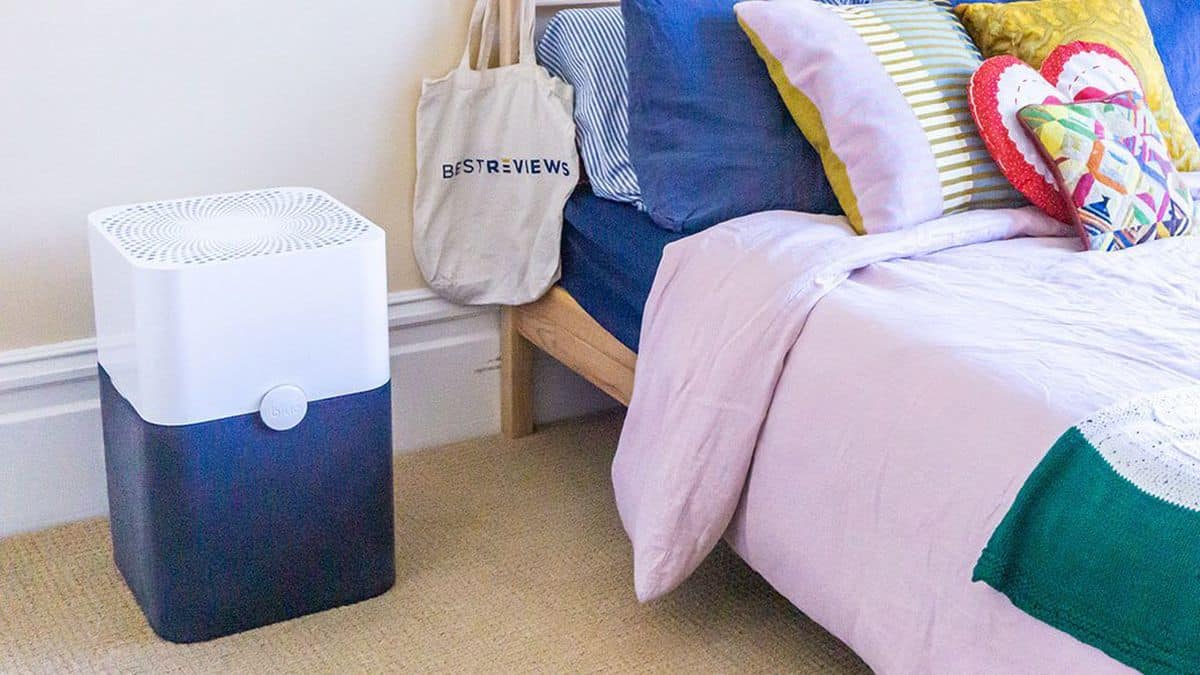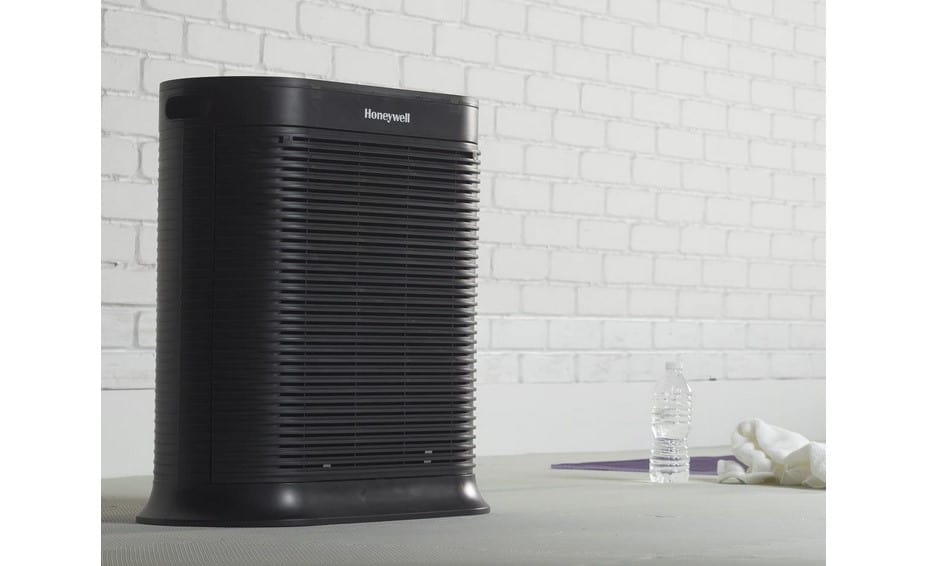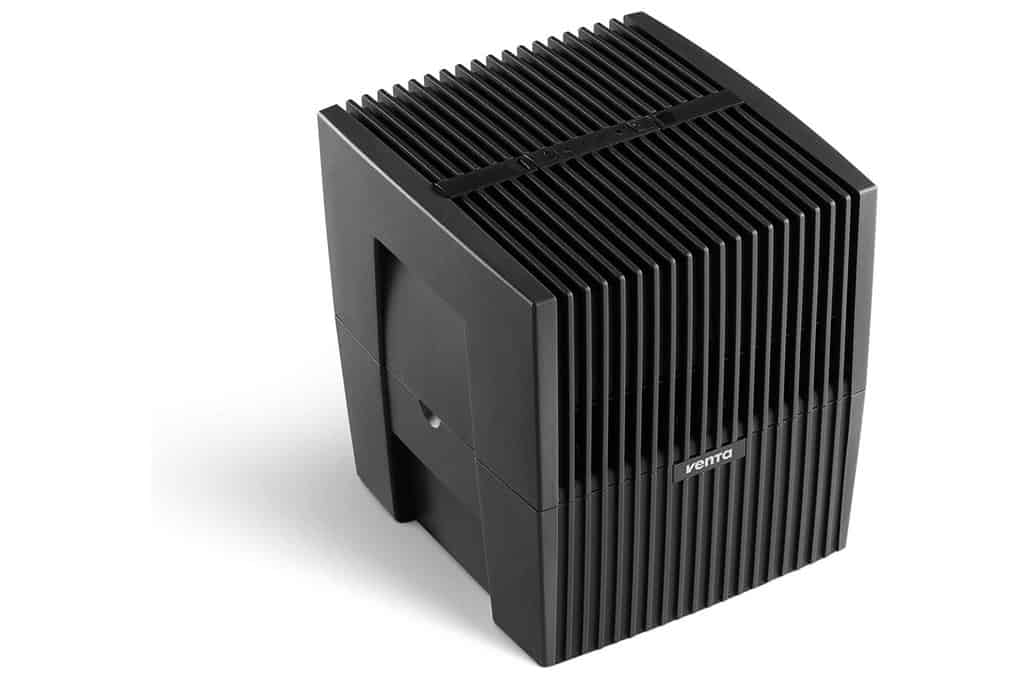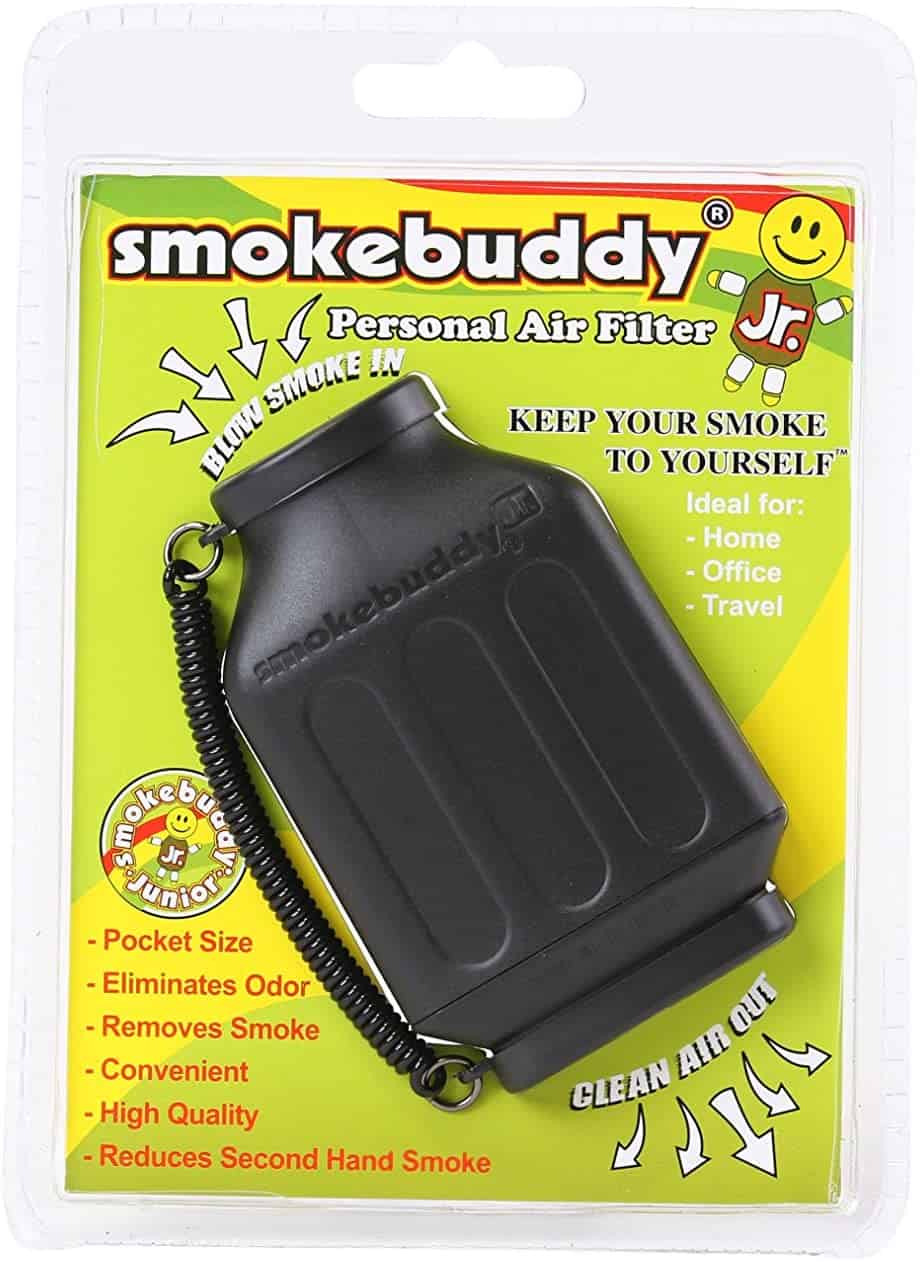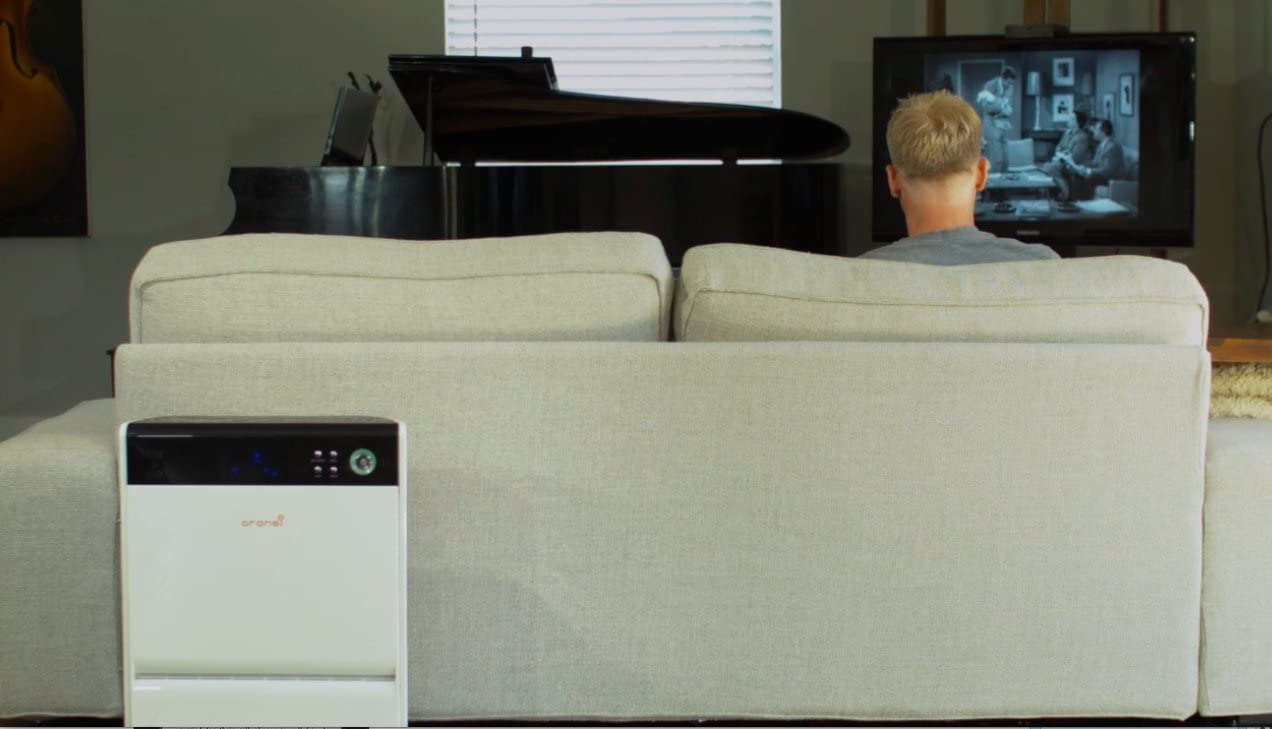Germs, bacteria, and viruses are some of the worst airborne particles to have in the home. If you are shopping for the most effective air purifier for this task, you may be wondering what kind of air purifier kills germs.
But first, if you’re interested in other info guides, read our content covering what is VOC in an air purifier, which air purifier is best to use when pregnant, what is an air scrubber, and what is better than a HEPA filter?
KEY TAKEAWAYS:
- You have some options when it comes to air purifiers that kill or trap germs and related particles.
- An air purifier with a true HEPA filter will do a great job at capturing and trapped germs and bacteria.
- An air purifier with a UV-C light will kill germs on contact, as will one equipped with a heat sterilizer.
How Air Purifiers Handle Germs
First the good news. All air purifiers will handle germs to some extent, due to the nature of their various designs. Air purifiers that have been equipped with high-grade filters, such as a HEPA filter or an activated carbon filter, will draw in air particles with germs attached and capture them. These filters will not kill captured germs, though they should die off given enough time trapped in the filter. Also, an anti-bacterial air purifier with a HEPA filter, activated carbon filter, or an electrostatic filter might be perfect for emphysema if you have been wondering what kind of air purifier is good for emphysema.
Insider Tip
Air purifiers that have been equipped with high-grade filters, such as a HEPA filter or an activated carbon filter, will draw in air particles with germs attached and capture them.
What Kinds of Air Purifiers are Best for Germs?
The best air purifiers will help you eliminate specific types of germs. This is why you should not always worry about what kind of disinfectant you can put in an air purifier. It can be harmful. Here are some of the most common types of air purifiers and some details on their efficacy in the removal of germs, bacteria, and virus particles.
Genuine HEPA Filters
If you choose an air purifier with a genuine HEPA filter, you can expect the efficient removal of germs. These filters are designed in such a way that they successfully capture and trap 99.97 percent of airborne particles that are above 0.3 microns in diameter. Some germs and bacteria are smaller than that, it is true, but they also tend to latch onto larger particles in the air, such as dust or dander. In these cases, the HEPA filter will still capture the germ.
It must be noted, though, that HEPA filters do not actually kill germs. They merely trap them, though they can die off on their own and will be removed from the home once the filter has been disposed of.
Insider Tip
For maximum efficiency and peace of mind, we recommend going with a hybrid model that includes both a high-grade filter of some kind and a UV or UV-C light.
UV Lights
Some air purifiers are equipped with ultraviolet (UV-C) lights that will actually kill germs and related airborne particles. The germs, bacteria, and virus particles are blasted with a concentrated beam of this light where they soon perish. For maximum efficiency and peace of mind, we recommend going with a hybrid model that includes both a high-grade filter of some kind and a UV or UV-C light.
Heat Sterilization
Relatively new technology in the world of air purifiers is heat sterilization. These heat sterilization mechanisms will also kill germ particles, but do so using intense heat instead of a concentrated beam of ultraviolet light.
F.A.Q.S
How do HEPA air purifiers protect against COVID-19 and other viruses?
HEPA air purifiers draw in air and run it through a high-grade HEPA filter. This filter can capture and trap COVID-19 particles if they have become attached to a larger airborne particle, such as dust or dander.
How do I use an air purifier when a family member is sick?
The best practice here would be to put an air purifier in the room with the sick family member. If you have multiple air purifiers, feel free to place them throughout the home.
Is it OK to leave an air purifier on all night?
It is okay to leave an air purifier on all night provided you are not operating it at its highest setting. It is generally considered to be a decent idea to leave an air purifier running continuously.
STAT: Most purifiers have a fan that draws air through a disposable HEPA (high-efficiency particulate air) filter, which can trap 99.97 percent of contaminants that are exactly 0.3 microns. (source)

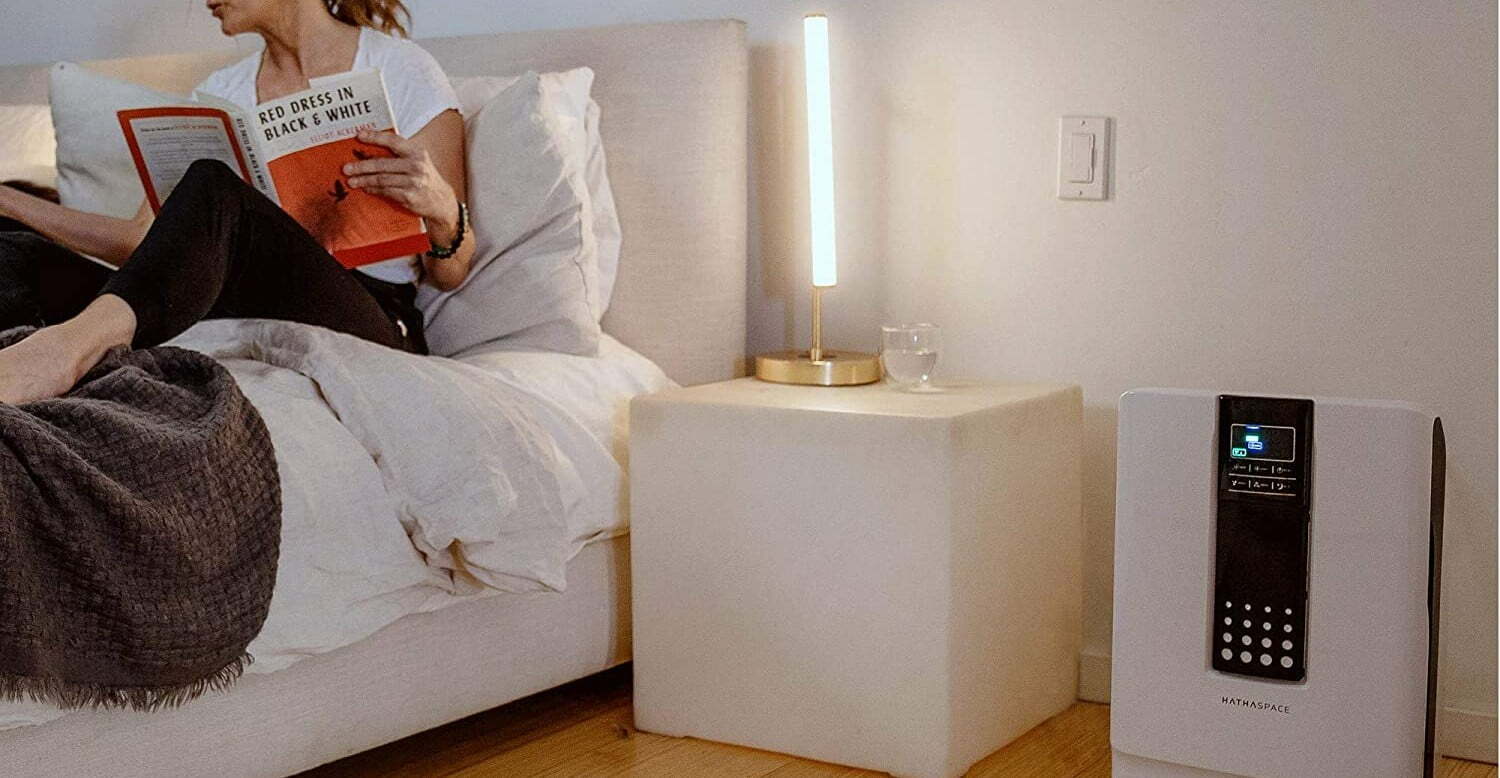













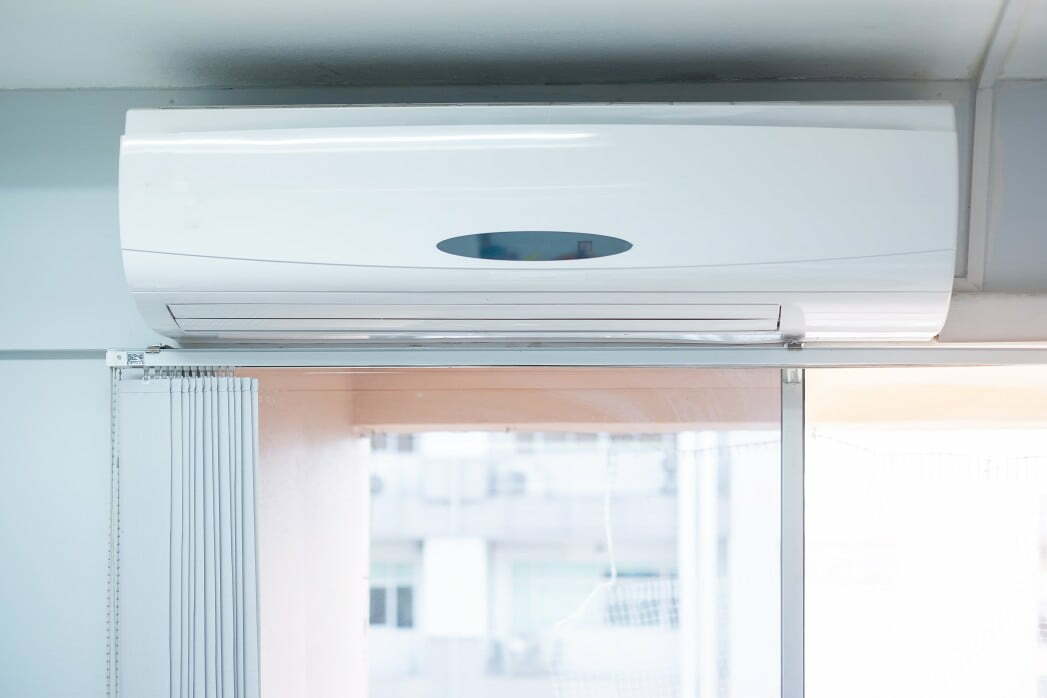
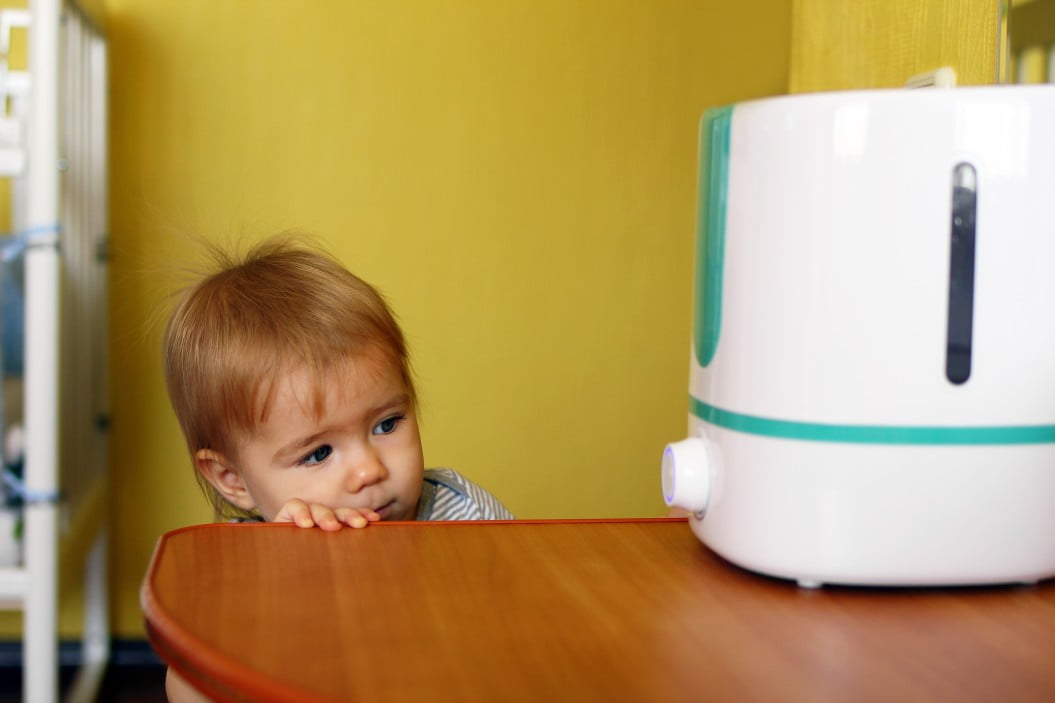
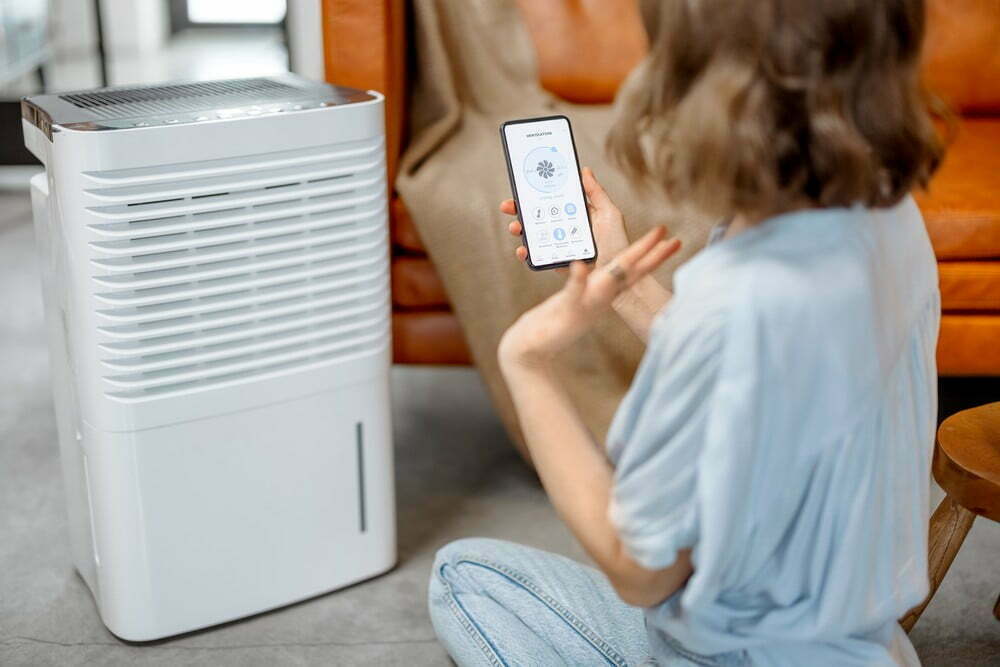
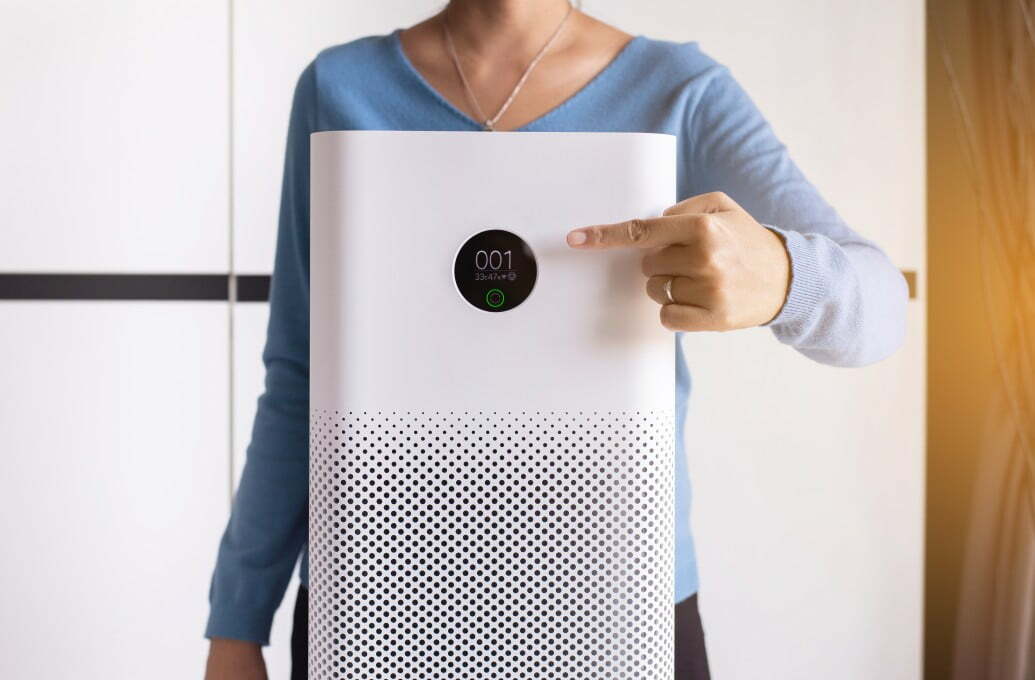
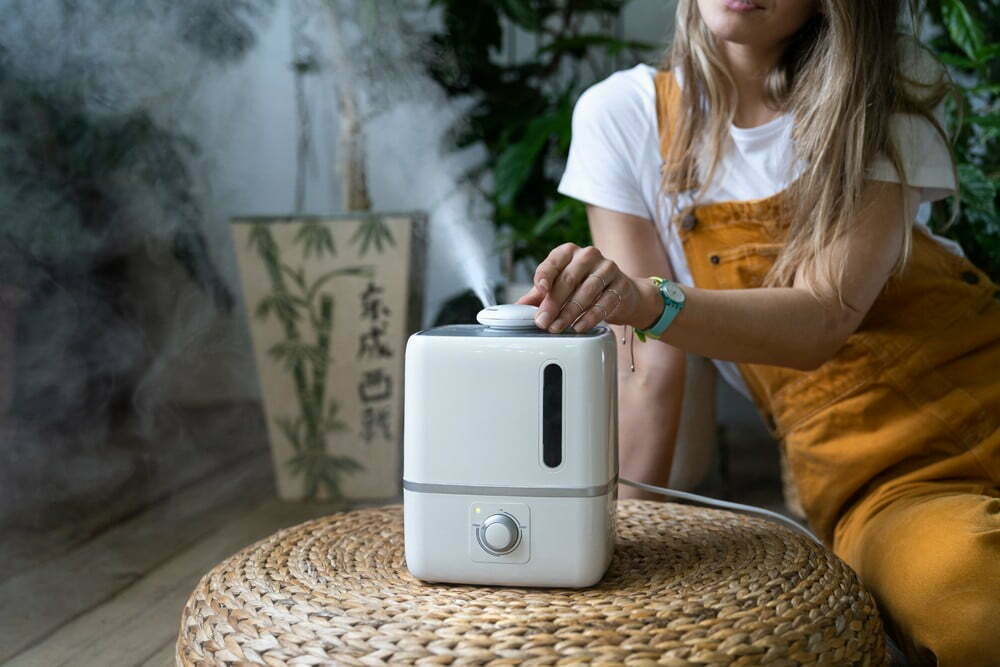
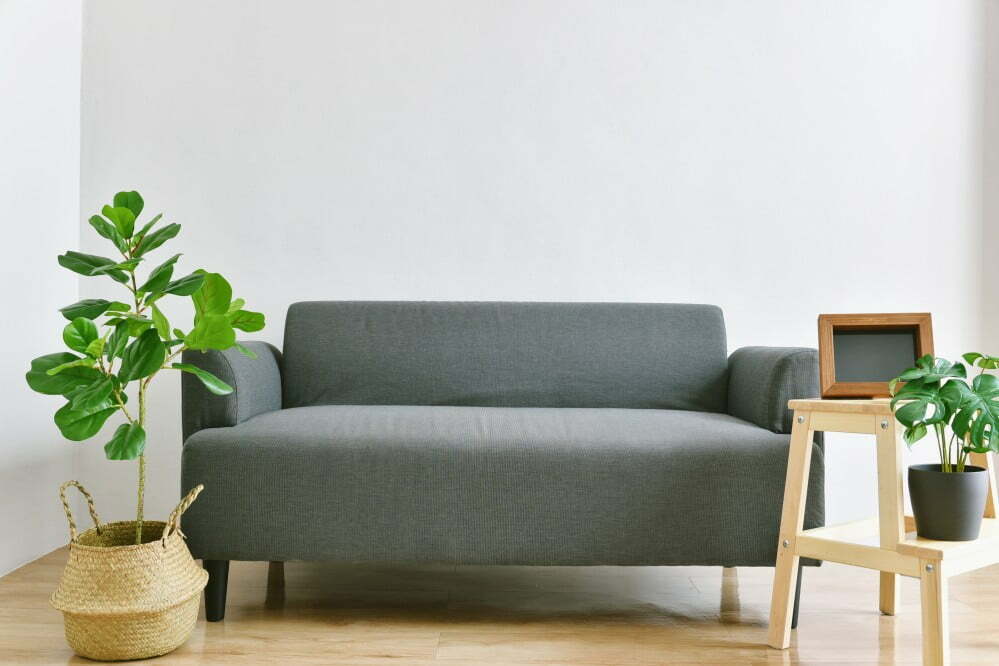

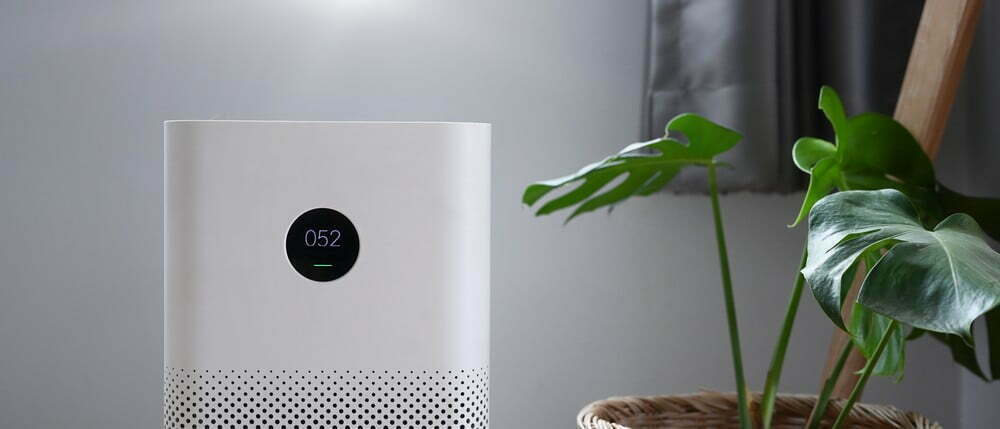
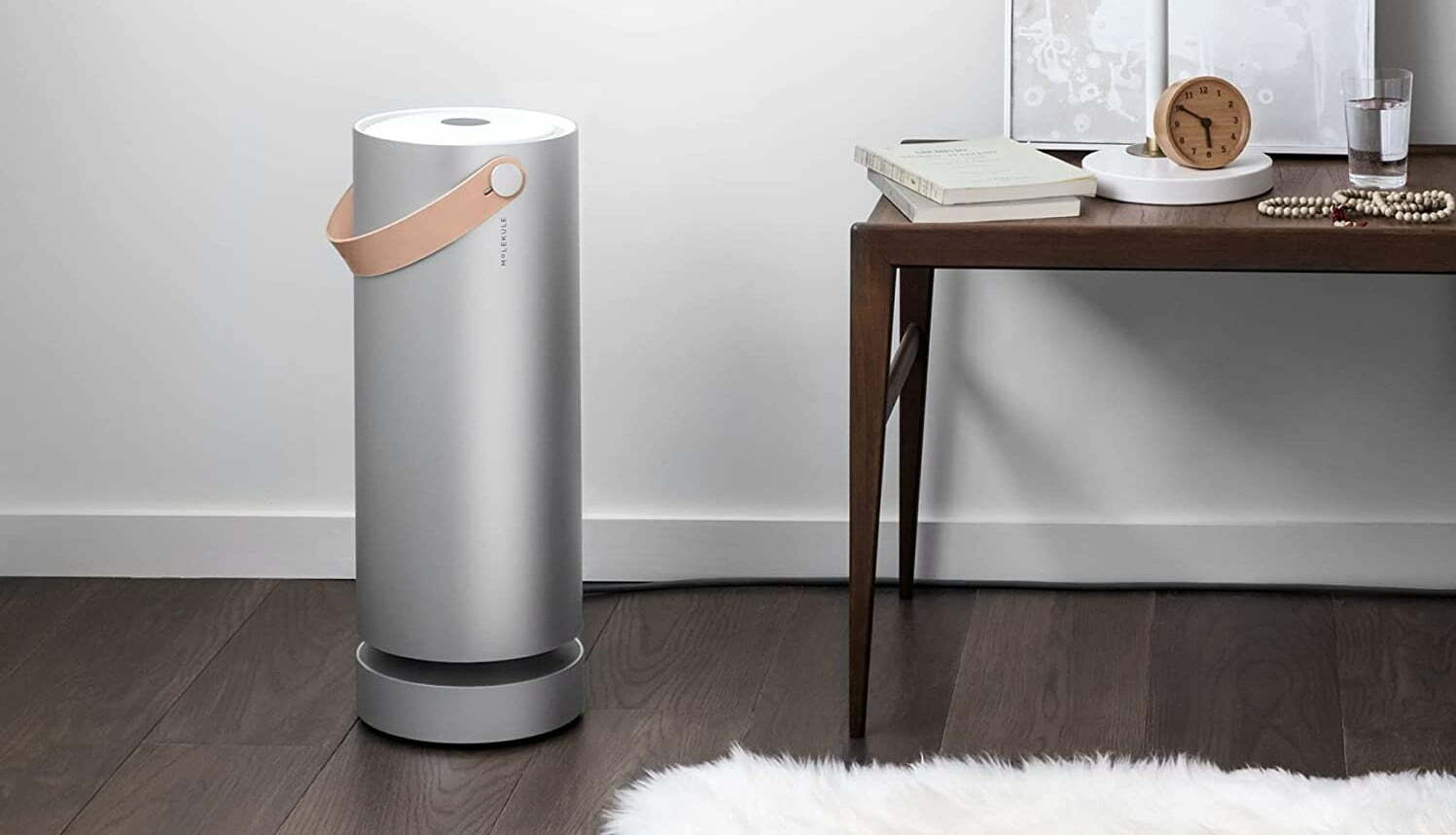
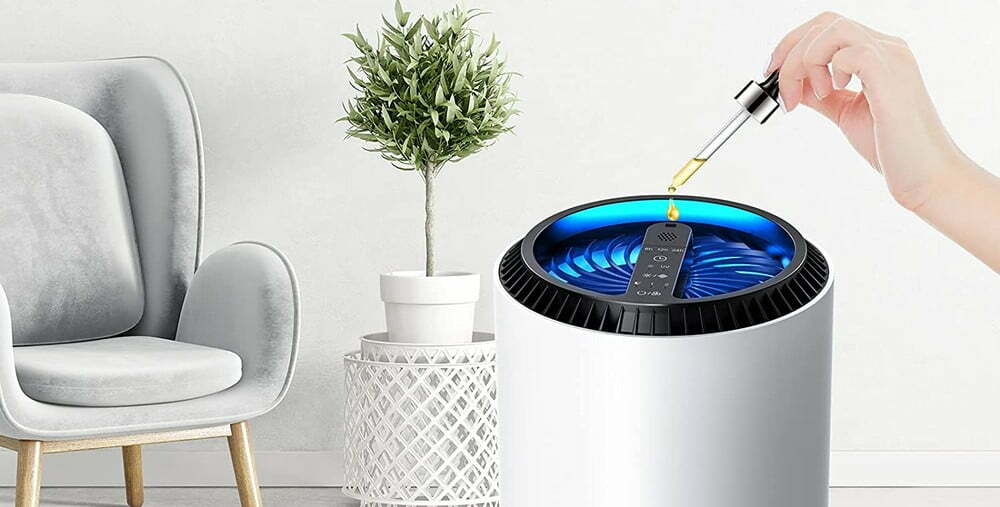
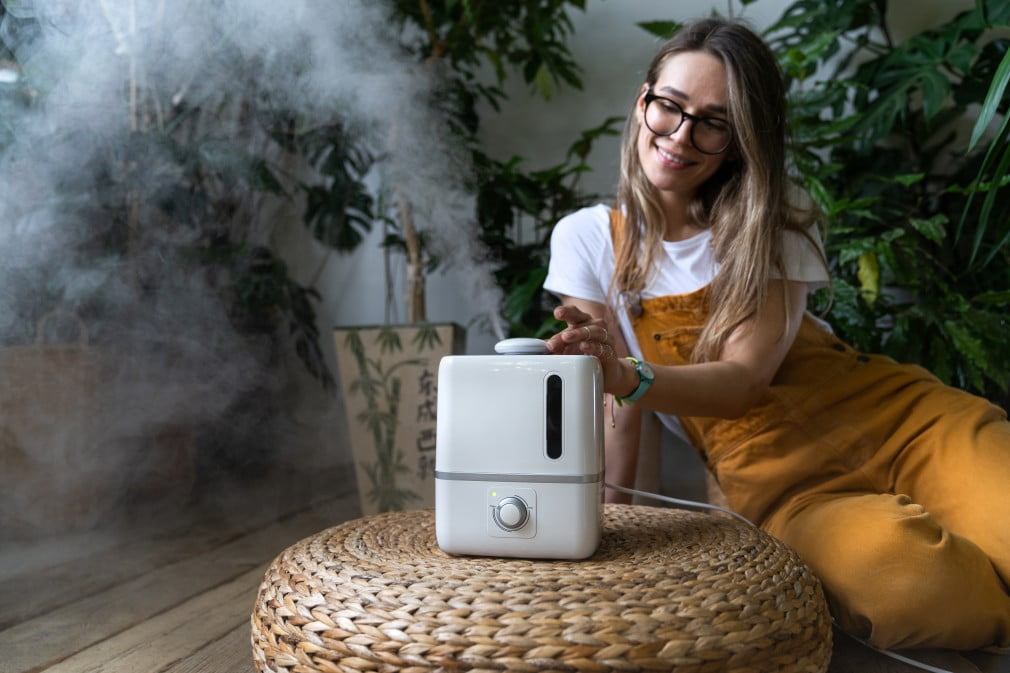
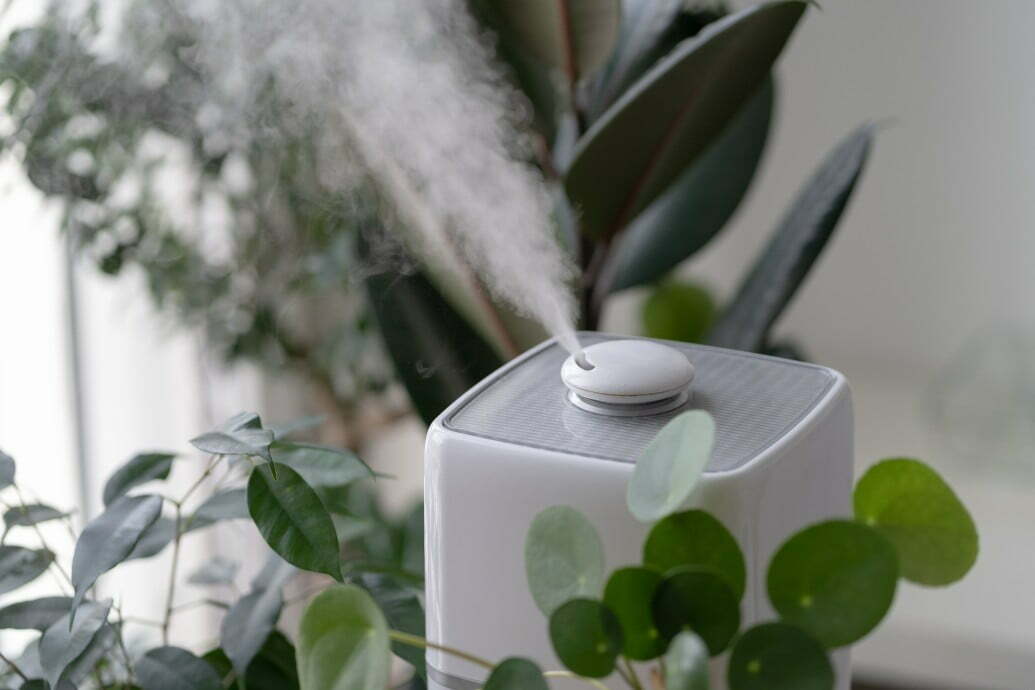
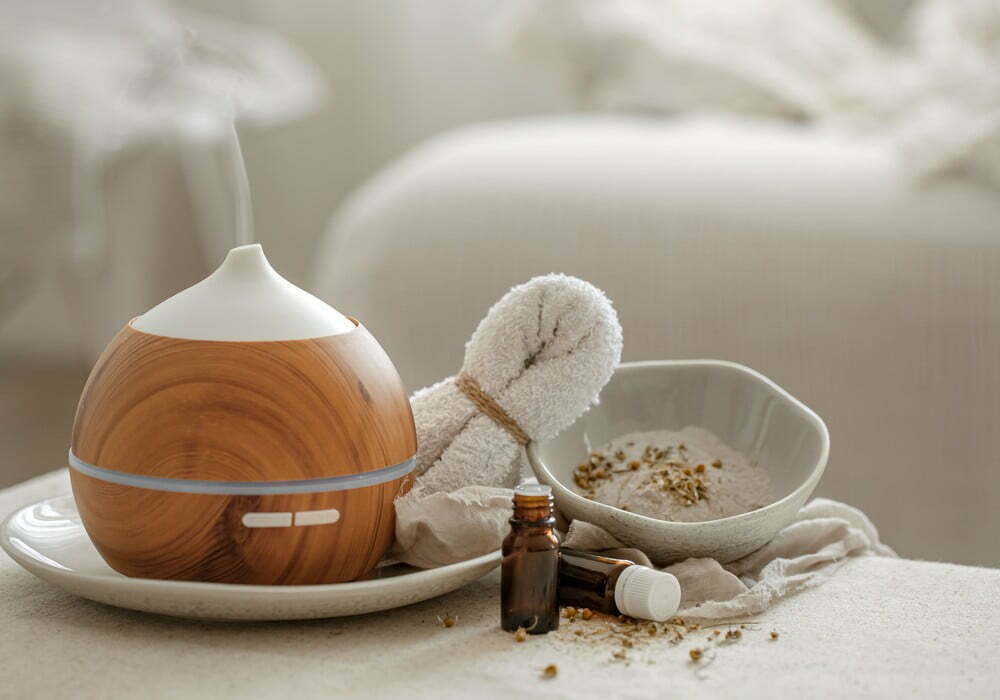
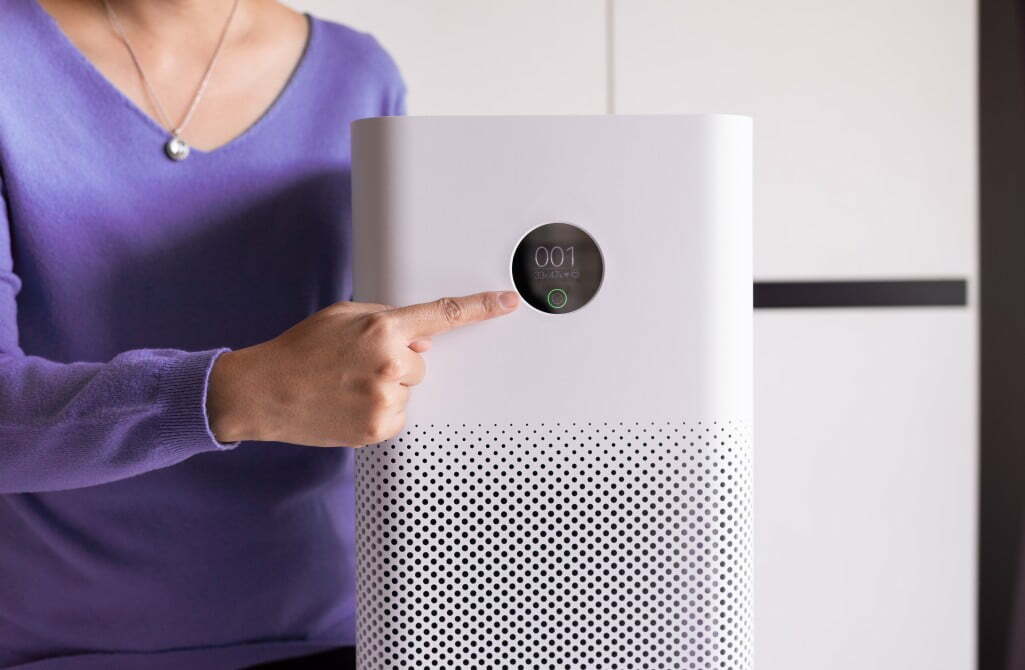
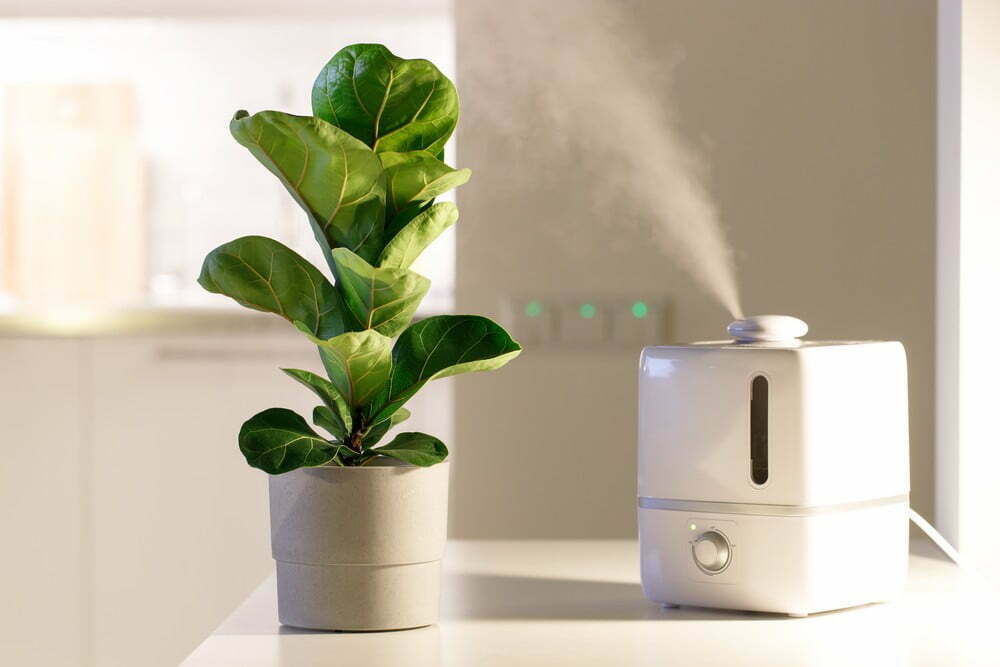

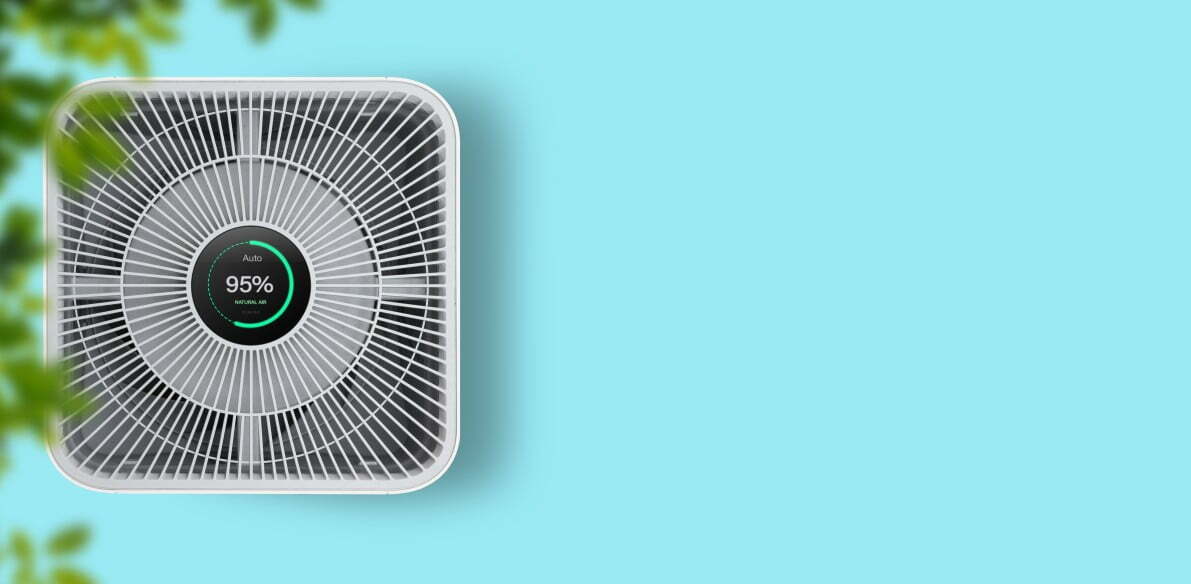
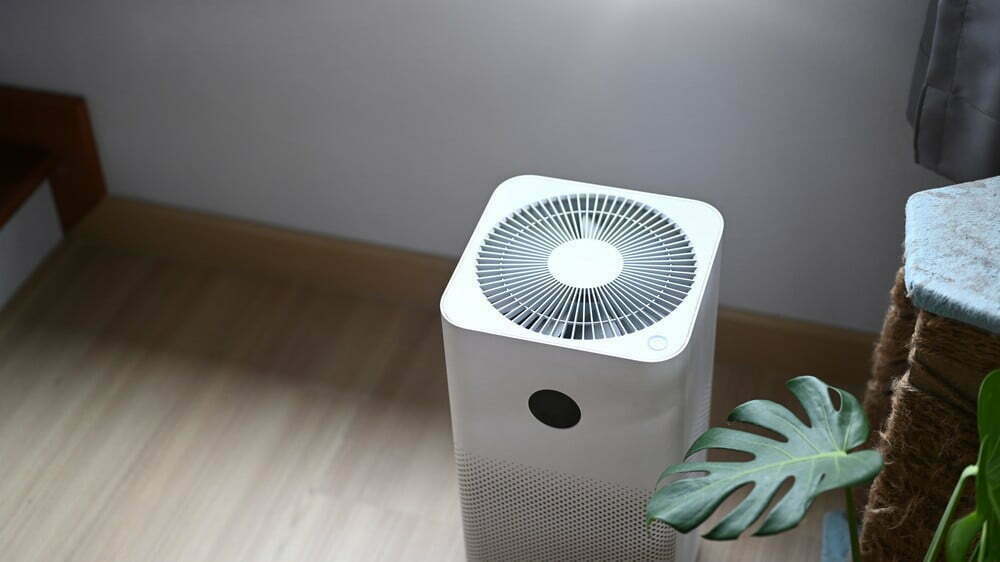
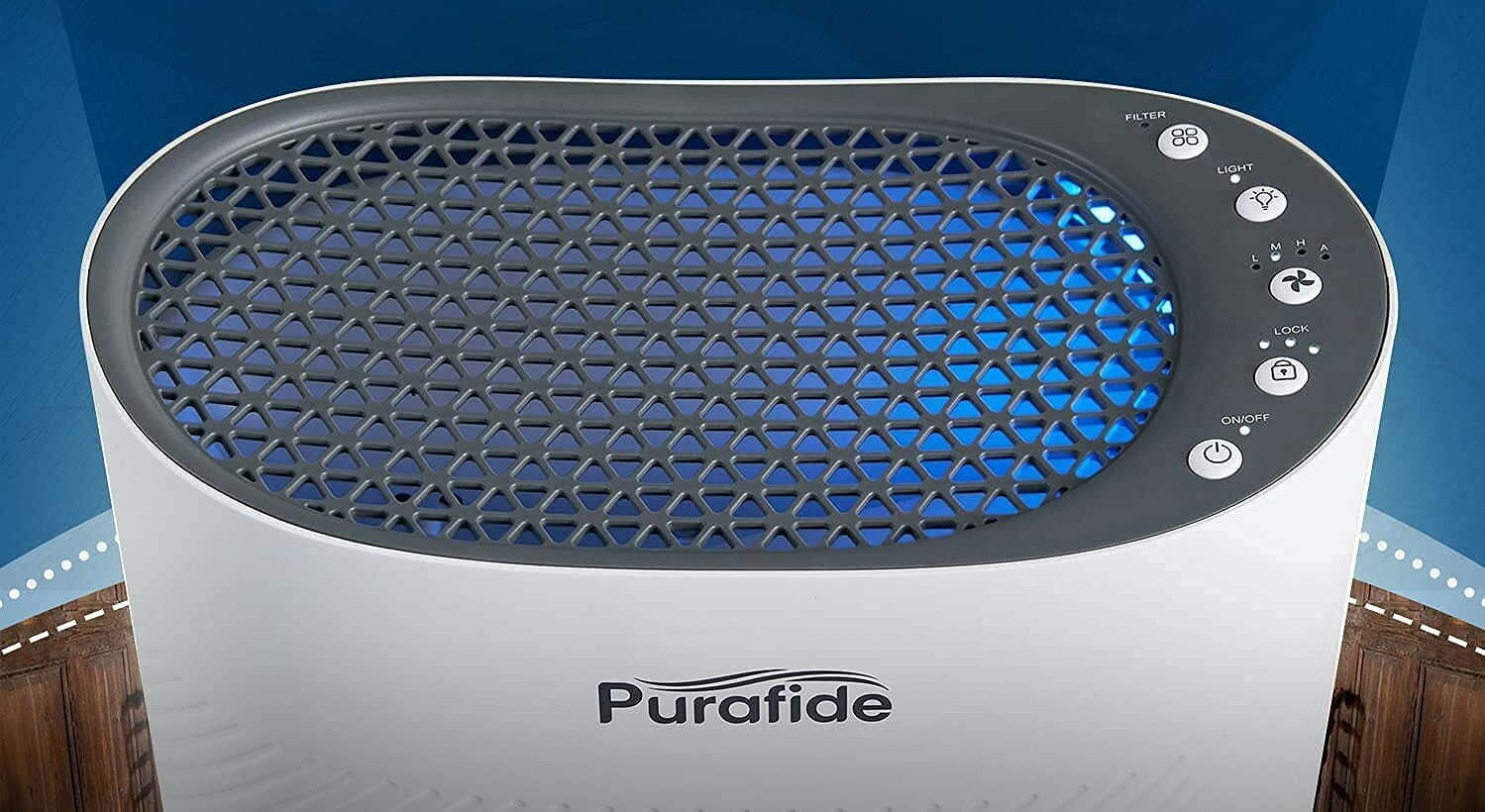
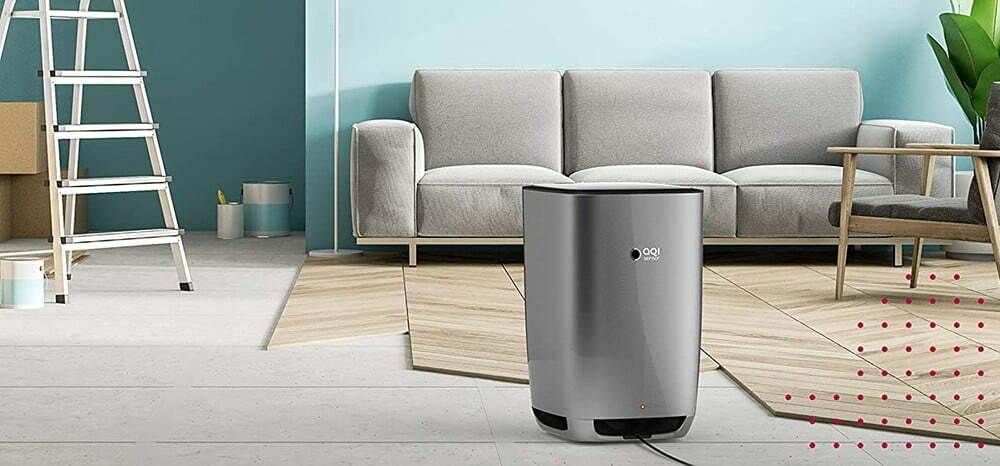
![Best Air Purifiers for VOCs and Formaldehyde in [year] 27 Best Air Purifiers for VOCs and Formaldehyde in 2026](https://www.gadgetreview.dev/wp-content/uploads/best-air-purifier-for-vocs-and-formaldehyde-image.jpg)
![Best Air Purifier in [year] ([month] Reviews) 28 Best Air Purifier in 2026 (February Reviews)](https://www.gadgetreview.dev/wp-content/uploads/Honeywell-True-HEPA-Allergen-Remover-HPA300-e1475603569442.jpg)
![Best Air Purifiers for Dust in [year] 29 Best Air Purifiers for Dust in 2026](https://www.gadgetreview.dev/wp-content/uploads/best-air-purifier-for-dust-image.jpg)
![Best Honeywell Air Purifiers in [year] 30 Best Honeywell Air Purifiers in 2026](https://www.gadgetreview.dev/wp-content/uploads/best-honeywell-air-purifier-image.jpg)
![Best Germicidal Air Purifiers in [year] 31 Best Germicidal Air Purifiers in 2026](https://www.gadgetreview.dev/wp-content/uploads/best-germicidal-air-purifier-image.jpg)
![Best Filterless Air Purifiers in [year] 32 Best Filterless Air Purifiers in 2026](https://www.gadgetreview.dev/wp-content/uploads/best-filterless-air-purifier-image.jpg)
![Best Levoit Air Purifiers in [year] 33 Best Levoit Air Purifiers in 2026](https://www.gadgetreview.dev/wp-content/uploads/best-levoit-air-purifier-image.jpg)
![Best Air Purifiers for Smoking Weed in [year] 34 Best Air Purifiers for Smoking Weed in 2026](https://www.gadgetreview.dev/wp-content/uploads/best-air-purifier-for-smoking-weed-image.jpg)
![Best Quiet Air Purifiers in [year] 35 Best Quiet Air Purifiers in 2026](https://www.gadgetreview.dev/wp-content/uploads/best-quiet-air-purifier-image.jpg)
![Best Desktop Air Purifiers in [year] 36 Best Desktop Air Purifiers in 2026](https://www.gadgetreview.dev/wp-content/uploads/best-desktop-air-purifier.jpg)
![Best Dyson Air Purifiers in [year] 37 Best Dyson Air Purifiers in 2026](https://www.gadgetreview.dev/wp-content/uploads/best-dyson-air-purifier.jpg)
![Best Air Purifiers for Dorm Room in [year] 38 Best Air Purifiers for Dorm Room in 2026](https://www.gadgetreview.dev/wp-content/uploads/air-purifier-for-dorm-room-1.jpg)
![Best Air Purifiers for Office in [year] 39 Best Air Purifiers for Office in 2026](https://www.gadgetreview.dev/wp-content/uploads/best-air-purifier-for-office.jpg)
![Best Air Purifiers for Basement in [year] 40 Best Air Purifiers for Basement in 2026](https://www.gadgetreview.dev/wp-content/uploads/best-air-purifier-for-basement.jpg)
![Best Air Purifiers For Odor in [year] 41 Best Air Purifiers For Odor in 2026](https://www.gadgetreview.dev/wp-content/uploads/best-air-purifier-odor.jpg)
![10 Best Personal Air Purifiers in [year] 42 10 Best Personal Air Purifiers in 2026](https://www.gadgetreview.dev/wp-content/uploads/best-personal-air-purifiers.jpg)
![10 Best Plug In Air Purifiers in [year] 43 10 Best Plug In Air Purifiers in 2026](https://www.gadgetreview.dev/wp-content/uploads/best-plug-in-air-purifier-image.jpg)
![10 Best Whole House Air Purifiers in [year] 44 10 Best Whole House Air Purifiers in 2026](https://www.gadgetreview.dev/wp-content/uploads/best-whole-house-air-purifier-image.jpg)
![10 Best Large Room Air Purifiers in [year] 45 10 Best Large Room Air Purifiers in 2026](https://www.gadgetreview.dev/wp-content/uploads/Coway-Airmega-200M-Large-Room-Air-Purifier-900x900-1.png)
![10 Best UV Air Purifiers in [year] 46 10 Best UV Air Purifiers in 2026](https://www.gadgetreview.dev/wp-content/uploads/best-uv-air-purifier.jpg)
